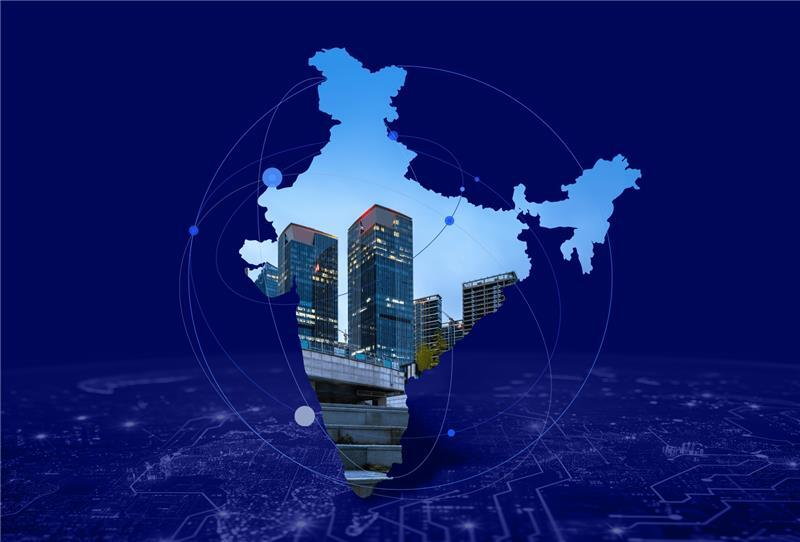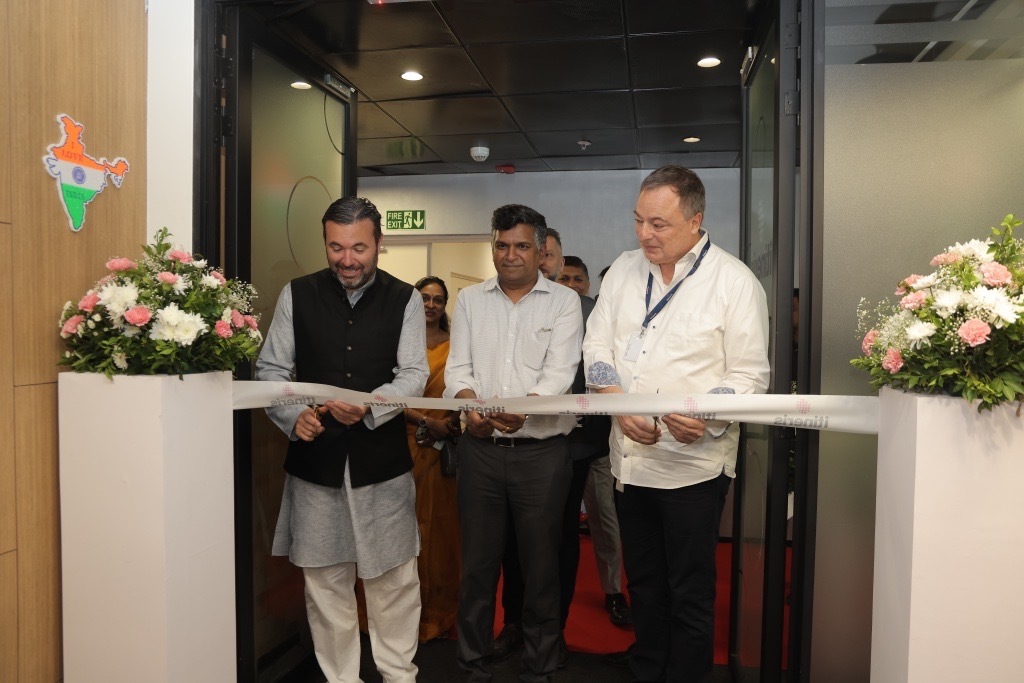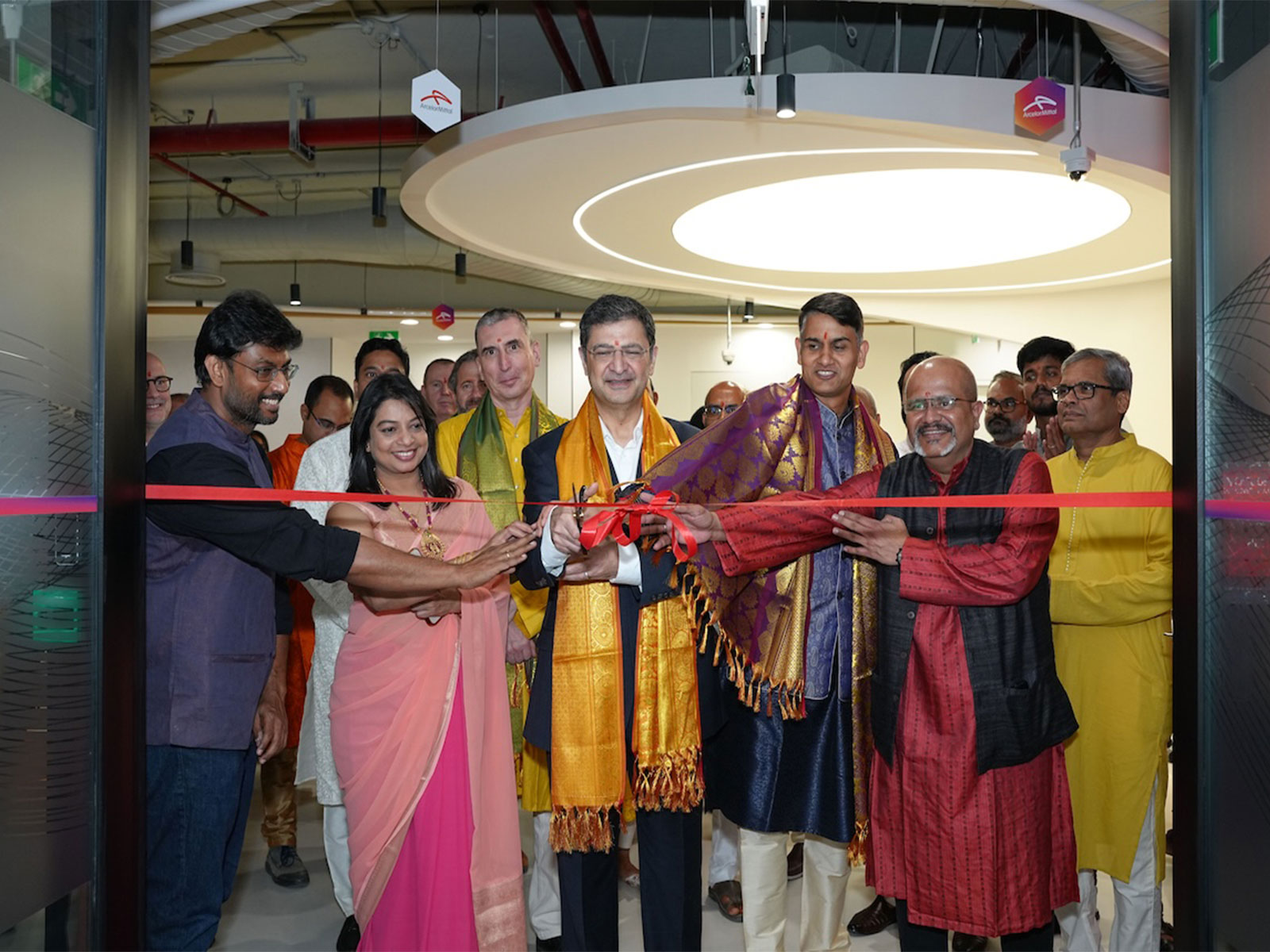Global Capability Centres (GCCs) have evolved far beyond back-office operations. Today, they are hubs of innovation, bridging global business needs with emerging technologies and reshaping how companies operate. India, in particular, has emerged as a key arena for this transformation.
Here’s a closer look at how GCCs are driving change, emerging trends, opportunities, and challenges.
Recent Landscape & Key Statistics
- 1,700 GCCs in India (FY2024), employing over 1.9 million professionals
- Annual export revenue: USD 64.6 billion
- Projected growth: 2,100-2,200 centres by 2030, with 2.5-2.8 million employees and revenue reaching USD 99-105 billion
- 2025 employment forecast: ~450,000 new jobs in India’s GCC sector
- Commercial real estate impact: GCCs drove over 50 million sq ft of office-space demand in India’s top seven markets in the first nine months of 2025 - an 8% year-on-year rise
Trends Shaping GCCs via Emerging Technologies & Innovation
- From Cost Centres to Strategic Hubs: GCCs are now core business units, not just offshore support, handling product development, R&D, advanced analytics, AI/ML, and UX/UI innovation
- AI, ML, Automation & Data Analytics : These technologies help streamline decisions, predict demand, enhance customer experience, automate tasks, and enable predictive analytics. Many GCCs are now embedding Generative AI into their offerings
- Expansion into Tier II & III Cities : Beyond metros like Bangalore, Hyderabad, Chennai, and Pune, GCCs are moving into smaller cities as infrastructure improves and governments offer incentives-reducing costs and tapping local talent
- Sustainability, ESG & Social Impact : GCCs face rising pressure to adopt sustainable operations, reduce carbon footprints, and meet ESG goals, leveraging green tech, process efficiency, and remote/hybrid policies
- Employee Experience & Talent Strategy : To retain top talent, GCCs are investing in upskilling (AI/ML, data science, cybersecurity), flexible work options, and leadership pipelines. Employee well-being, retention, and career growth are now key KPIs
Key Challenges
- Talent & Skill Gaps: Deep expertise in emerging tech remains limited, making continuous learning critical
- Regulatory Complexity: Data privacy, cross-border rules, tax and labour laws, and IP protection require careful management
- Cultural Alignment: Aligning values, decision-making, and work culture between global HQ and local GCCs is essential
- Infrastructure Gaps: Smaller cities face power, internet, and transportation challenges
- Maintaining Agility: Growth can introduce bureaucracy, slowing innovation and experimentation
- Remote Work & Engagement: Distributed teams require effective collaboration, productivity management, and data security
What This Means for Businesses & Professionals
- For Enterprises: GCCs are more than cost-saving units-they are levers for competitive advantage, driving innovation, speed, and resilience
- For Governments: Policies supporting infrastructure development, regulatory simplification, innovation incentives, and skill-building partnerships are crucial
- For Professionals: Upskilling in AI/ML, data science, cloud, cybersecurity, and sustainability opens new opportunities. Soft skills like adaptability, cross-cultural collaboration, and innovation mindset are equally important
Looking Ahead
By 2030, GCCs in India are on track to become a USD 100+ billion industry, employing over 2.5-2.8 million people, with many centres taking on even more strategic and innovation-driven functions. If the challenges are addressed proactively, GCCs could serve as engines of growth not just for multinationals, but for India’s economy as a whole – in job creation, export revenue, and even in global innovation leadership
Visit Our News section and follow us on LinkedIn and Twitter
Read more full news: Here
Author Details

Ram Kondapalli
GCC Leader | Operational Excellence | Ex-Deloitte







